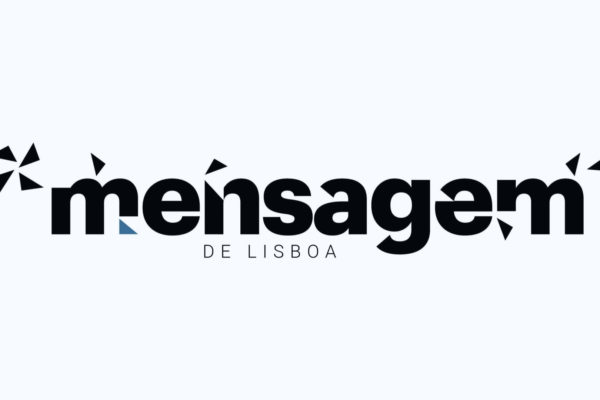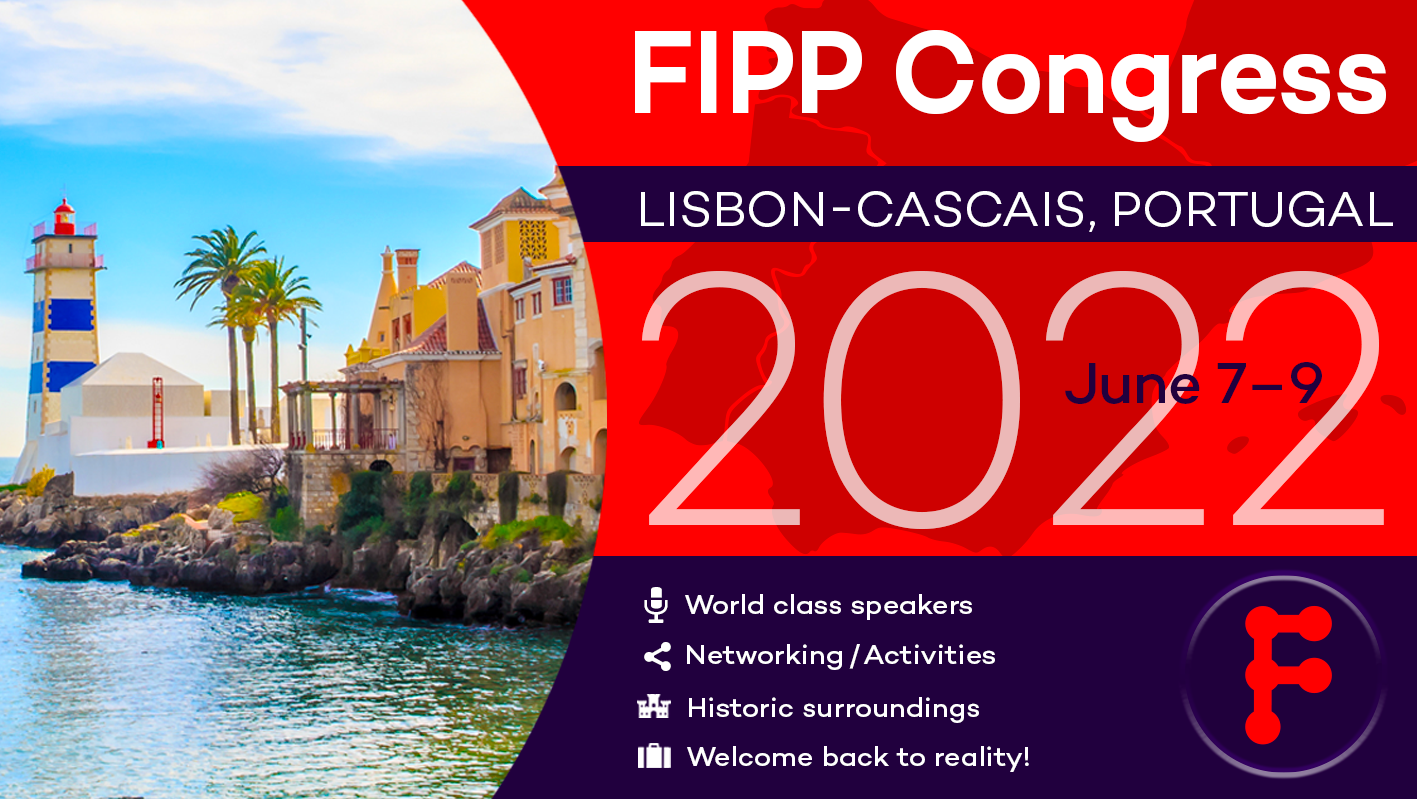Portuguese media entrepreneur Catarina Carvalho on making a success of community-based media
How do you launch a content startup in a country where very few people have attempted to disrupt the media before? That’s the question that Catarina Carvalho has had to wrestle with while launching Mensagem – a community-focused brand for Lisbon. Catarina will be speaking at the 44th FIPP World Media Congress in June, and you can find out more here.
It’s a market she knows very well having already spent time as editor of Diário de Notícias, Portugal’s oldest newspaper.
Yet in spite of strong tech infrastructure and a network of entrepreneurs attracted by low taxes and great weather, Catarina believes the media is underdeveloped in Portugal.
Here, in this exclusive interview for FIPP, she explains the rationale behind Mensagem, underlines the importance of community-based media and tries to explain the unique traits that people from editorial backgrounds bring to media leadership.
Part of our: Meet the Speaker Series
Tell us about your career trajectory – how did you end up editing Diário de Notícias? And how did you bring about the shift from a print to a largely digital format?
Diário de Notícias is the oldest newspaper in Portugal and I was part of the company for about 10 years before becoming editor. I was previously a publisher at the magazine section of the company.
During my stint as editor I was invited to bring a new, innovative digital way of looking at journalistic issues to the company. This entailed publishing a digital format everyday and a print newspaper on Sundays, initially, then also on Saturdays.
The transition was actually easy to achieve because the newsroom was already used to working on the digital part of the newspaper. So what we did was to think about the everyday online newspaper and the newspaper paper edition as two separate products.
One was part of the other but they were separate too. So we published online every day, every hour, every minute as soon as the news came in. And then we had longer formats, exclusive content and more beautiful pictures in the paper edition.
I was actually a bit against the transition at first, but then it worked and we grew a lot online digitally. We also did a newsletter everyday.
“I think that newspaper leaders need a journalistic sensitivity so that they understand that the value that they are bringing is their connection to their audience.”
Do you think that people from editorial backgrounds make the best leaders of media companies? What unique perspective do they bring?
I think that it’s a myth that people from editorial backgrounds make the best leaders for media companies. I think they bring an interesting perspective, very contrarian which is sometimes hard to integrate into a business.
But in recent days, because reader revenue has become more and more important, I think that newspaper leaders need a journalistic sensitivity so that they understand that the value that they are bringing is their connection to their audience. This is driven by feelings, by the way that people perceive that the newspaper or the journalists see the world.
So that’s why I think that leaders in media companies, if they are not from editorial backgrounds, must have a very keen editorial way of looking at things. That’s the only way that newspapers and journalistic ventures can thrive in this very, very complicated media world.
How did Mensagem come about? What is its USP? And how is it faring so far?
The unique selling proposition of Mensagem is that it’s the only hyperlocal media based in Lisbon. There’s nothing like it at all. We are not local in the way that British newspapers are. We are local in that we focus on the sense of community, bringing the stories of people that make the city. We mostly publish stories about the people of Lisbon and what they are doing. The website has had a huge impact on the Portuguese in Lisbon and on the media ecosystem in general. Also, I am proud to say, we won a prize for the launch of the year.
What are your main routes to monetisation? Have any of these been impacted by the pandemic?
Our key money source at the moment is our main investor who is someone who loves the city and giving back to Lisbon. We are working on three routes to monetisation. One is attracting patrons – people and companies in the city that are willing to pay for the public service that we are offering.
We are also working on a membership programme, which will strengthen our bonds with the community. We also run events too.
And yes we were impacted by the pandemic. The tourism situation was very bad for a few months. And this affected the way that people spent their money and that affected us inevitably.
What other media brands inspired you? Who do you think is doing interesting things right now?
I would say media like The Bristol Cable or the Bureau of local investigations are very impressive. I am also inspired by a lot of community journalism ventures that are going on in Europe. I think that these small enterprises are the ones that are more interesting to follow because of the innovation that they bring.
“I think the sun and the good weather are attracting people to Lisbon but also the fact that there’s a critical mass of people who are entrepreneurs, startup leaders, technical people.”
Portugal is becoming a favoured place for entrepreneurs – why is this? Are there many new media startups in the country too?
Portugal is becoming a favourite place for many people. I think the sun and the good weather are attracting people to Lisbon but also the fact that there’s a critical mass of people who are entrepreneurs, startup leaders, technical people. They come to Portugal because it’s a good place to live.
Lisbon also has a very good tax reduction programme. It’s practical too because it’s in the middle of the Atlantic in between America and Europe and it’s a good time zone also.
Sadly there are no almost no new media startups in the country. It’s an under-developed media scene. There’s no investment in the media.
You are also a Visiting Fellow at the Reuters Institute. From your own perspective, and maybe your peers at the Institute too, what do you see as the key challenges facing journalism today?
I was a visiting fellow at the Reuters Institute in 2020 undertaking an investigation into local and community journalism. I studied what community really means to journalism. And I really believe that the key challenge facing journalism is community. That means that we are not only creating content but also providing a service.
? To see the latest speaker line-up for this June’s FIPP World Media Congress, along with details on all schedules and how to book, click here.









